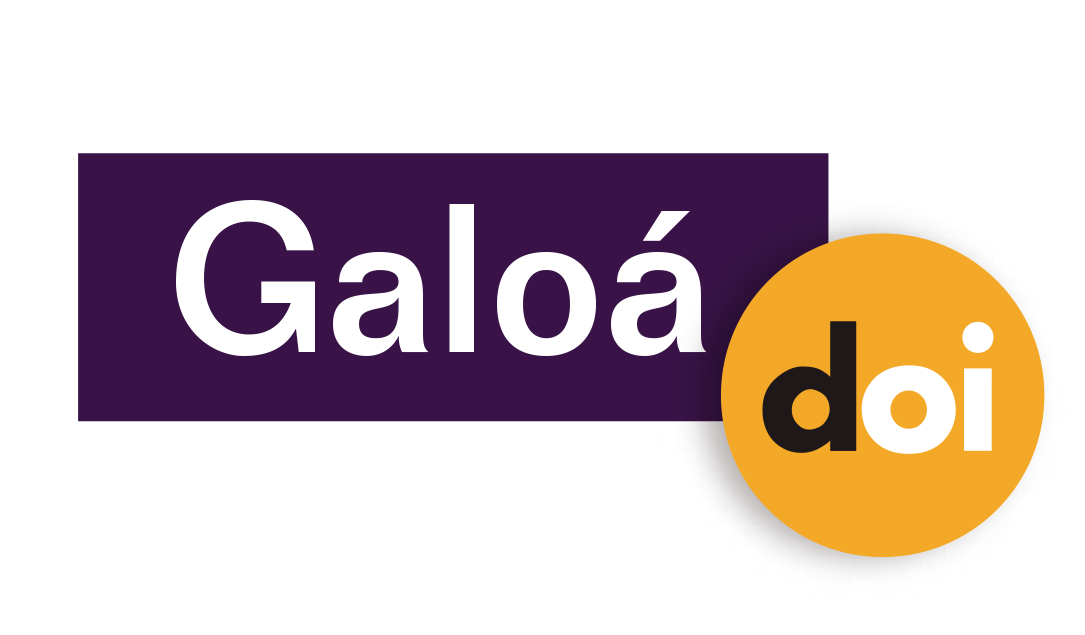Mathematics Teaching Self-Efficacy and Outcome Expectancy of Pre-Service and In-Service Primary Education Teachers
Resumo
Background: Given the importance of studies the mathematics teaching self-efficacy and outcome expectancy of pre-service teachers, novice teachers (up to 10 years of experience) and experienced teachers (more than 10 years of experience), it is important to research the behaviour of the three groups proposed. Objectives: Compare the mathematics teaching self-efficacy and outcome expectancy of pre-service and in-service Primary Education teachers. Design: The Mathematics Teaching Efficacy Belief Instrument (MTEBI) is used to carry out the study. The MTEBI comprises two subscales: Personal Mathematics Teaching Efficacy (or teaching self-efficacy) (PMTE) and Mathematics Teaching Outcome Expectancy (MTOE). Setting and Participants: The first group of participants consists of 419 pre-service teachers enrolled at the bachelor’s degree in Primary Education, the second group of participants consists of 69 novice teachers and the last group consists of 176 experienced teachers. Data collection and analysis: Students of all the years of the bachelor’s degree were invited to answer the MTEBI. Therefore, the participation was optional and completely anonymous. Directors of Primary Education schools in the city were sent the link of the survey during the second trimester of 2018-19 academic year. They shared the link so that novice and experienced teachers were able to answer it confidentially. Results: The comparison reveals that experienced teachers have the highest scores in PMTE subscale. The pre-service teachers, on the contrary, give the lowest scores in this subscale. In the MTOE subscale, the lowest values are obtained in the case of novice teachers. Additionally, the statistical analysis shows that there are significant differences between the three groups in both the PMTE and MTOE subscales. Conclusions: The findings of the current study provides information that would be useful for teacher educators to design or modify courses in order to enforce the mathematics teaching efficacy beliefs of pre-service and in-service Primary Education teachers.
Palavras-chave
Self-efficacy, mathematics teaching, outcome expectancy, pre-service teachers, in-service teachers.
Texto completo:
PDF (English)DOI: https://doi.org/10.17648/acta.scientiae.6049
Apontamentos
Direitos autorais 2020 Jaime Segarra, Carme Julià

Esta obra está licenciada sob uma licença Creative Commons Atribuição 4.0 Internacional.
ANÚNCIOS
Informamos que, a partir de outubro de 2025, devido ao grande número de artigos na fila de submissão, está suspenso o aceite de submissões. Rebriremos em fevereiro de 2026.
Mais, informamos que sites fraudulentos, https://periodicos-ulbrabr.org e https://periodicos-ulbrabra.org, estiveram se passando pela Acta Scientiae, utilizando nosso nome e identidade visual e até solicitado taxas de APC, que nós não cobramos. Aconselhamos cautela para evitar serem enganados por sites semelhantes.
Conceito A2 na Capes(2021)
Índice h5 do Google Scholar: 13
Índice mediana h5 do Google Scholar:24
eISSN: 2178-7727
Indexações:
A Acta Scientiae é indexada em: | Scopus |  | Latindex |  | Edubase (SBU/UNICAMP) |
 | Sumarios.org |  | Google Scholar |  | Portal LivRe (CNEM) |
 | Journals for Free |  | REDIB |  | Galoá DOI |

Todos os trabalhos publicados aqui estão sob uma licença Creative Commons - Atribuição 4.0 Internacional.
